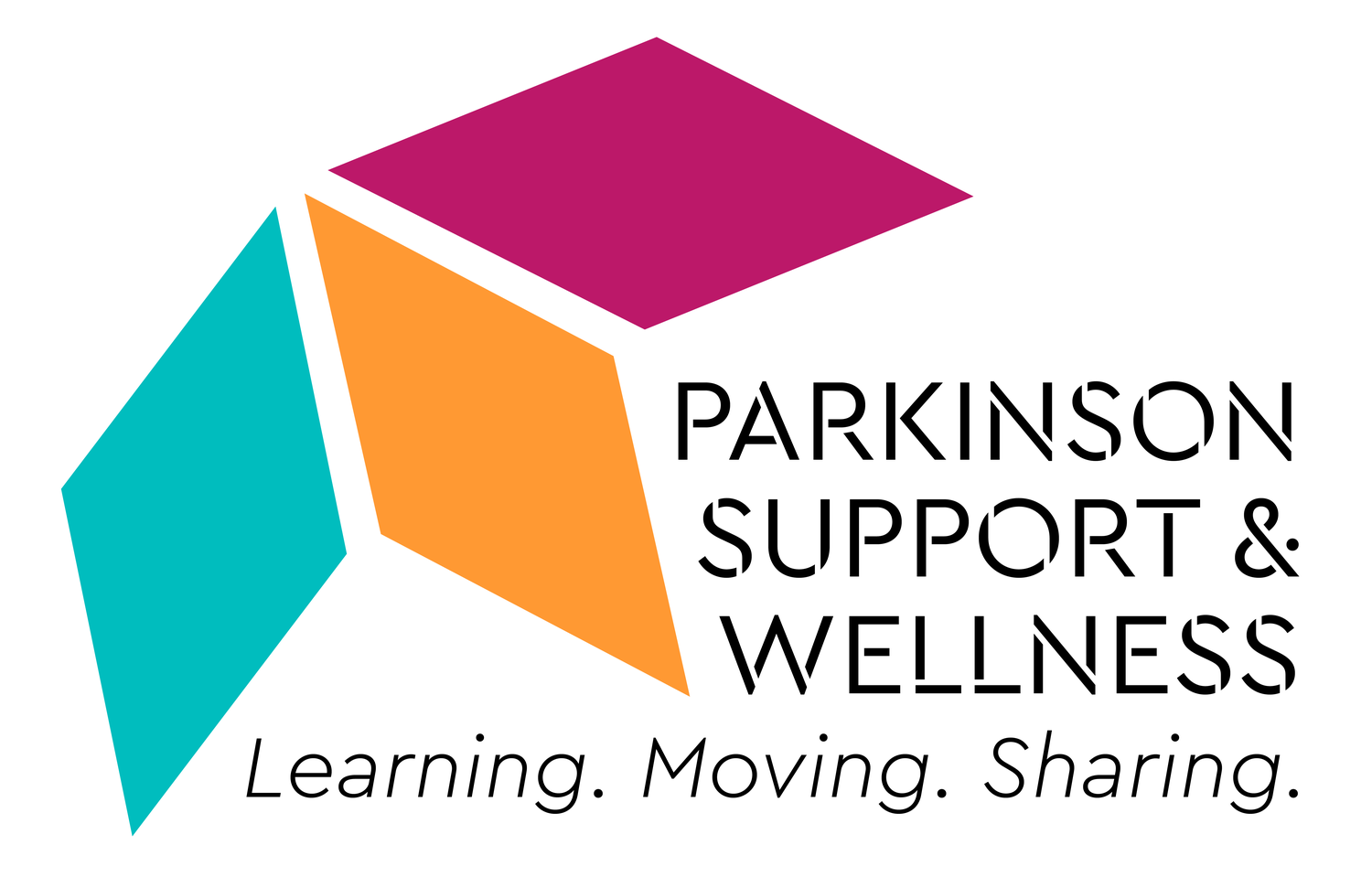By Mary Beth Bialick
In thinking about a blog post this month I cannot help but think of Thanksgiving. It is so easy to think about the negatives of a Parkinson’s diagnosis for the person with PD and for their surrounding circle of family and friends. I want to stop and consider is there anything about a PD diagnosis that perhaps one can be thankful for or appreciate?
It is a challenge and maybe takes some serious re-framing of our thinking but let’s try. In SW Ohio we have the Gardner Center, also known as UCGNI, or the University of Cincinnati Gardner Neuroscience Institute. In one setting there is a movement disorder clinic, a rehabilitation department, social workers, neuro-psychology, imaging, integrative medicine, and clinical trials available for advancing the diagnosing and care of PD. Being close to such highly specialized and comprehensive services is something to appreciate.
When we think of PD we often think of “slow”! Everything can feel slower from walking, to dressing, to eating to speaking and much more. It can seem like others are speeding by you. But, sometimes slowing down can offer an opportunity to reflect and consider, “why is speediness and rushing desirable?” PD forces folks to slow down and reassess what is worthwhile and necessary in daily life. Schedules and routines certainly change. However relationships can be strengthened, conversations can be slow and lingering, time sitting with loved ones can be savored. Families can live in the here and now and not forever put pleasures off to the elusive future. PD can force people to live in the present. To do what they are able to do. To appreciate each and every small success and and enjoy the journey. The term mindfulness is used often these days. Mindfulness reminds and teaches us to focus on the present moment. The aim is to be aware and awake to each moment and engaged with the present. The slowness that accompanies PD is an opportunity to learn more about mindfulness and try to welcome it into your life.
The caregiving journey also is an opportunity to model loving and respectful relationships. Over my many years as a social worker I have been awed by the compassion and commitment shown to others on a caregiving journey. I am always touched by the reciprocity of caregiving in many situations. Both the caregiver and the care-receiver have opportunities to grow, share, and express themselves to each other that may never have been stated outside the caregiving relationship.
I often hear that PD is forever robbing folks of their abilities and futures. This is true. But PD is a reality and mentally battling it can be exhausting and an exercise in futility. Try to take a moment this November, the month of Thanksgiving, to acknowledge and accept PD as being part of the life you are living right now. Try to find something you have learned to be thankful for on your own PD journey.

